The phenomenon of "silver splitters" – couples divorcing later in life – has become increasingly prominent in British society. What was once considered a rarity is now a growing trend, reshaping family dynamics and challenging traditional notions of marriage. This surge in late-life divorces reflects broader societal shifts, from increased life expectancy to evolving attitudes toward personal fulfillment in one's golden years.
Britain's silver divorce wave isn't happening in isolation. Office for National Statistics data reveals a striking pattern: while divorce rates among younger couples have declined, the over-60 demographic has seen a steady rise in marital dissolutions. The reasons behind this trend are as complex as the lives of the individuals involved. Financial independence, longer lifespans, and changing expectations of marriage all play significant roles in this social transformation.
Financial independence has emerged as a crucial factor enabling older couples to part ways. Unlike previous generations where women often remained in unhappy marriages due to economic dependence, today's pensioners – particularly women – are more likely to have their own pensions, property, or savings. This economic autonomy provides the freedom to choose divorce without facing financial ruin. The rise of no-fault divorce laws has further streamlined the process, removing some of the stigma and legal hurdles that once kept couples together.
The concept of retirement itself has undergone dramatic changes, contributing to the silver splitter phenomenon. Modern retirees often face twenty or thirty years of active life after leaving the workforce – a prospect that can make remaining in an unfulfilling marriage seem unbearable. Many individuals report realizing they don't want to spend their remaining years compromising their happiness. This "second adulthood" perspective encourages people to prioritize personal fulfillment over maintaining appearances.
Children leaving home frequently serves as the catalyst for late-life divorces. The so-called "empty nest syndrome" often reveals underlying marital issues that were previously masked by parenting responsibilities. Without children to focus on, couples may find they have little in common or unresolved conflicts surface. Relationship experts note that some couples stay together purely to co-parent, only to discover they've grown apart once that shared purpose disappears.
The psychological impact of silver divorces differs significantly from earlier life splits. Older divorcers often experience profound loneliness but also report newfound freedom and self-discovery. The process tends to be more amicable than younger divorces, with fewer custody battles but more complex financial negotiations. However, the emotional toll shouldn't be underestimated – ending a decades-long marriage represents the death of shared dreams and a redefinition of identity.
British society continues to grapple with the implications of this trend. Housing markets feel the pressure as divorced seniors seek smaller properties, while legal systems adapt to handle more complex asset divisions involving pensions and lifetime accumulations. Adult children often find themselves caught in the middle, supporting parents through the emotional upheaval while potentially facing inheritance complications.
As longevity increases and societal norms evolve, the silver splitter phenomenon shows no signs of slowing. What began as a trickle has become a steady stream, challenging preconceptions about aging and marriage. For better or worse, Britain's older generation is rewriting the script for later life, proving that personal fulfillment knows no age limit – even if it means walking away from a marriage that no longer serves them.

By Sophia Lewis/Apr 19, 2025
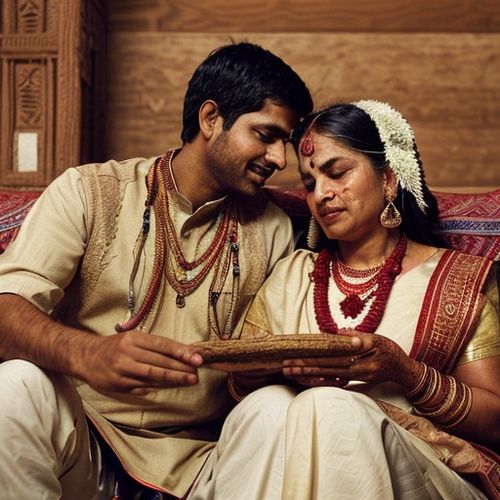
By Joshua Howard/Apr 19, 2025

By Laura Wilson/Apr 19, 2025

By James Moore/Apr 19, 2025

By Eric Ward/Apr 19, 2025

By Ryan Martin/Apr 19, 2025

By Elizabeth Taylor/Apr 19, 2025
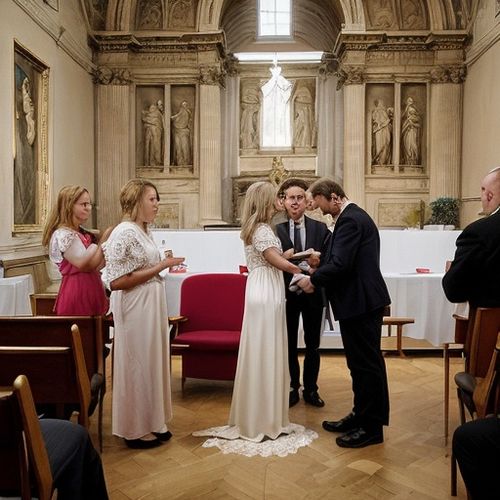
By Samuel Cooper/Apr 19, 2025

By Benjamin Evans/Apr 19, 2025
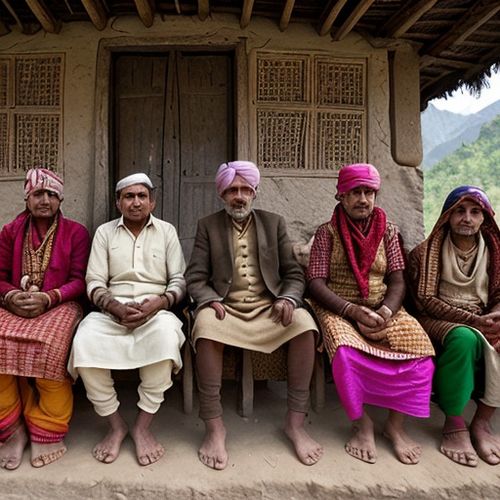
By Christopher Harris/Apr 19, 2025

By Olivia Reed/Apr 19, 2025

By Megan Clark/Apr 19, 2025

By Michael Brown/Apr 19, 2025

By William Miller/Apr 19, 2025

By Sarah Davis/Apr 19, 2025
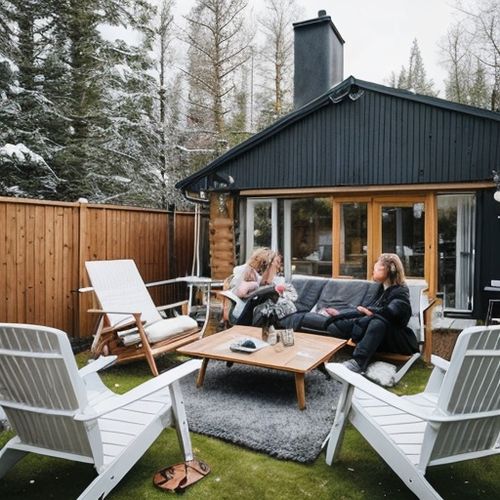
By Joshua Howard/Apr 19, 2025
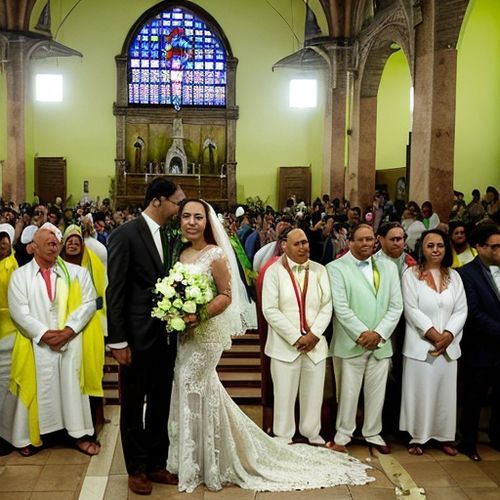
By Ryan Martin/Apr 19, 2025

By Eric Ward/Apr 19, 2025

By Jessica Lee/Apr 19, 2025
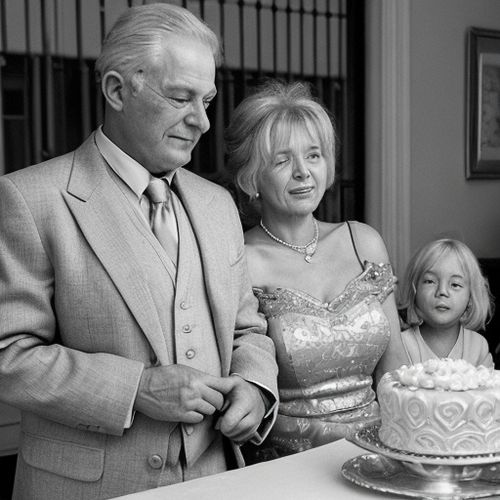
By David Anderson/Apr 19, 2025